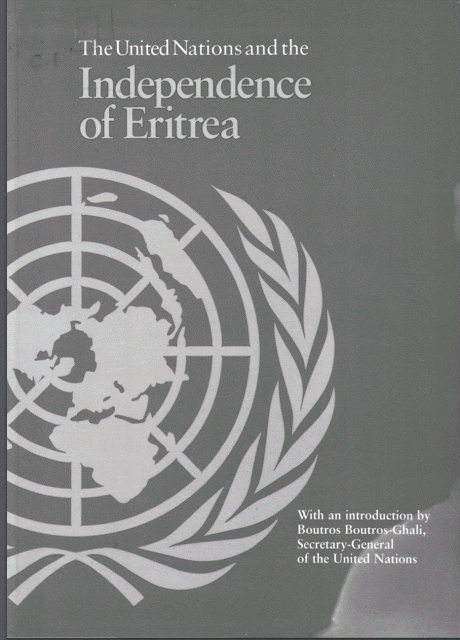The politics of retreat by Prof. John Keane, a 1990 article on the process of dismantling of the Soviet Union by Gorbachov.
The politics of retreat of the totalitarian state:
The politics of retreat is an article that was written by
John Keane (a Professor of Politics at the Polytechnic of Central London) in
1990. The article analysed the changes that were taking place in Soviet Union
under Gorbachew. The writer addressed the retreat of the totalitarian state.
Though Ethiopia and the Soviet Union are different to compare and 2018 is not
1990; the changes taking place in Ethiopia look similar to those that took
place in the Soviet Union, then. The Gobachew phenomenon looks like the ‘Abiy’
phenomenon. Does Abiy intend to dismantle the EPRDF totalitarian state? This makes the article an interesting read.
The politicians of retreat are a new specie of political
animal. Although schooled in the arts of conventional politics; politicians of
retreat always begin their careers in the corridors and committee rooms of
state power-they are not driven by lust for power or visions of grand victories
through conquest. They are instead skilled in the art of unscrewing the lids of
despotism by forming new compromises and withdrawing and retreating from unworkable
positions.
The politics of retreat is naturally a delicate and a
dangerous process. Its leaders are
trapped within the quicksands of politics. They risk their lives at every step,
and they are always surrounded by enemies operating in the shadowy corners of
state power. The legitimacy problem confronting politicians is partly due to
the fact that they hasten the disintegration of the existing despotic regime,
thereby threatening certain individuals and groups whose power base lie within
the system. Politicians of retreat help dramatically to widen the political
spectrum. They tend to speak of future gains. They know one thing best: the
despotic regimes can die of of swallowing their own lies and arrogance, and
that fear and demorilisation can not govern forever. Their actions often have unintended
consequences of fostering the growth of social power groups acting at a distance
from which they help to dismantle. The politicians typically sow the seeds of
their own downfall.
The politics of retreat is a dangerous bussiness. There
comes a point when it intensifies the crisis it is supposed to resolve. Events
become pregnant with unforseen consequences. Many subjects become active citizens who are no
longer impatient. Controlled retreat begins to turn in choas.
http://www.johnkeane.net/wp-content/uploads/1990/01/jk_politics_retreat.pdf
-------------------------------------------
Thanks to Niels Harbitz for making aware of the article




